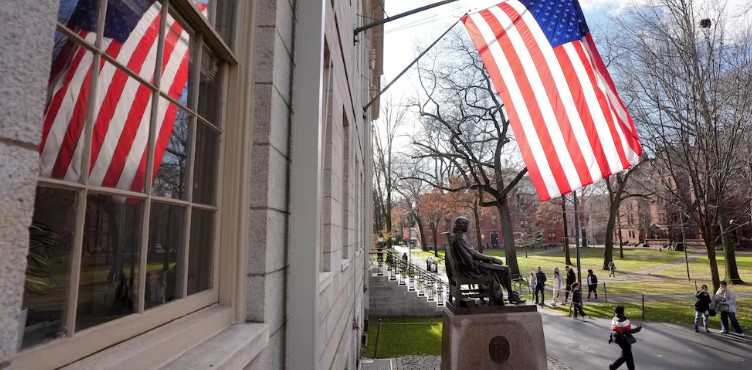Republican lawmakers in Congress are considering major changes to education funding, including new taxes on college scholarships, cuts to student loan repayment plans, and higher taxes on university endowments. These proposals aim to help fund extensions of tax cuts from former President Donald Trump’s first term.
Although these ideas are still under discussion and may not be implemented, many in higher education are deeply concerned. Jessica Thompson, a policy expert from The Institute for College Access and Success, believes these cuts are politically driven rather than necessary due to a financial crisis.
One major proposal would limit student loan repayment options. The House Committee on Education and the Workforce is considering removing the SAVE plan, introduced by President Joe Biden. This plan allows low-income borrowers to skip payments if they earn less than $32,800 per year and stops interest from growing if payments are made. Though already paused due to Republican challenges, its complete removal would impact many students.
Another suggested change could offer borrowers more chances to recover from default. Currently, borrowers can only rehabilitate their loans once by making consecutive payments. The new plan would allow them to do this twice, potentially saving the government money.
The timing of these proposals remains uncertain, but they could be pushed through as soon as this spring using a process called budget reconciliation. This would allow Republicans to pass measures without needing bipartisan support. However, their slim majority in the House could make this difficult.
One controversial proposal would tax scholarships and fellowships, which are currently tax-free if used for tuition and school-related expenses. Critics argue this would increase financial burdens on students and families. Craig Lindwarm, a higher education advocate, warns that while public university tuition has declined in recent years, these new proposals could raise costs and hurt students financially.
Additionally, lawmakers are considering raising the tax on university endowments from 1.4% to 14% and expanding the number of schools required to pay it. In 2022, this tax raised $244 million from 58 institutions. Increasing this tax could significantly impact college funding and tuition rates.
Another proposal includes fines for universities that violate students’ rights under Title VI of the Civil Rights Act, which protects against discrimination. This law is currently being used to investigate antisemitism on college campuses.
If these changes move forward, they could reshape higher education funding and affordability for students across the country.


